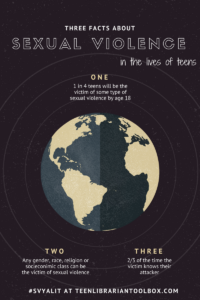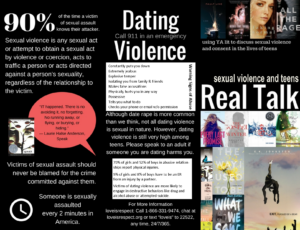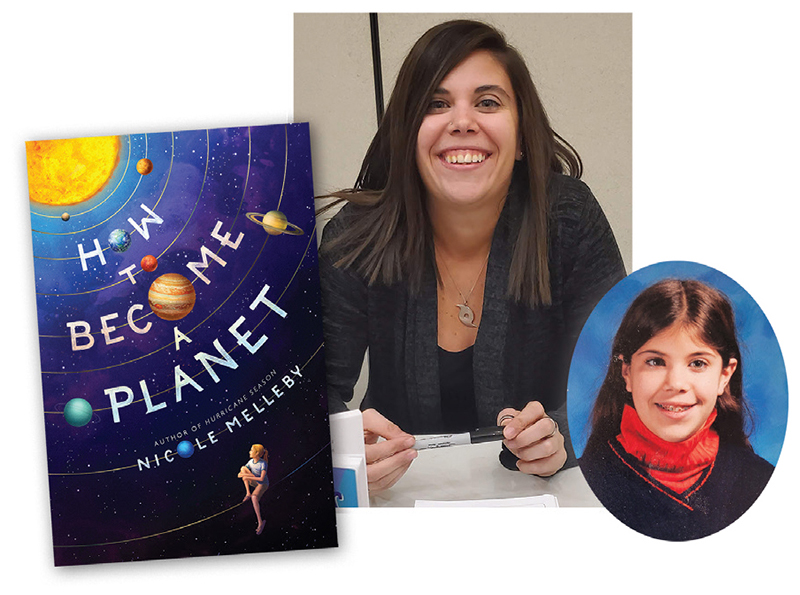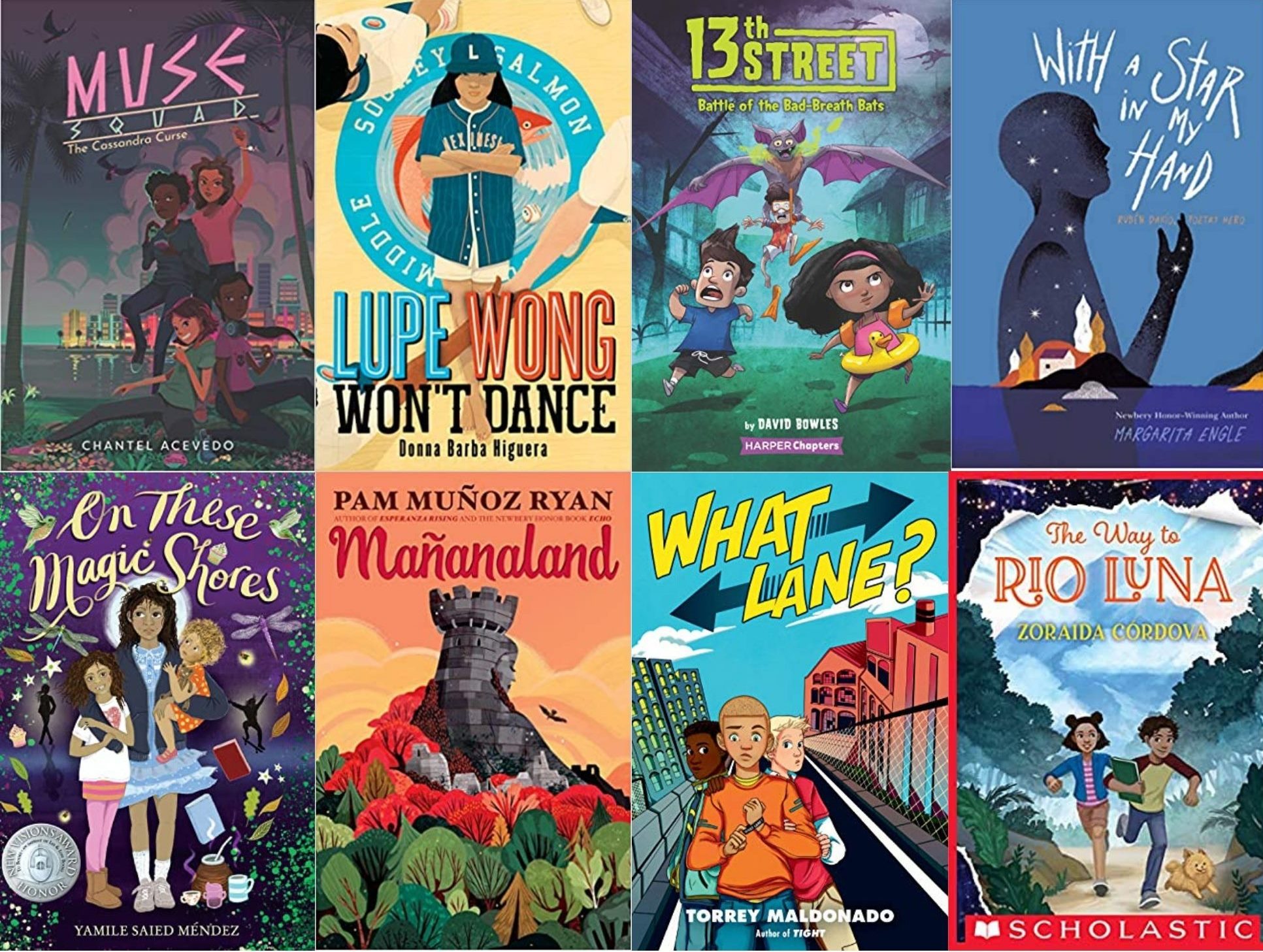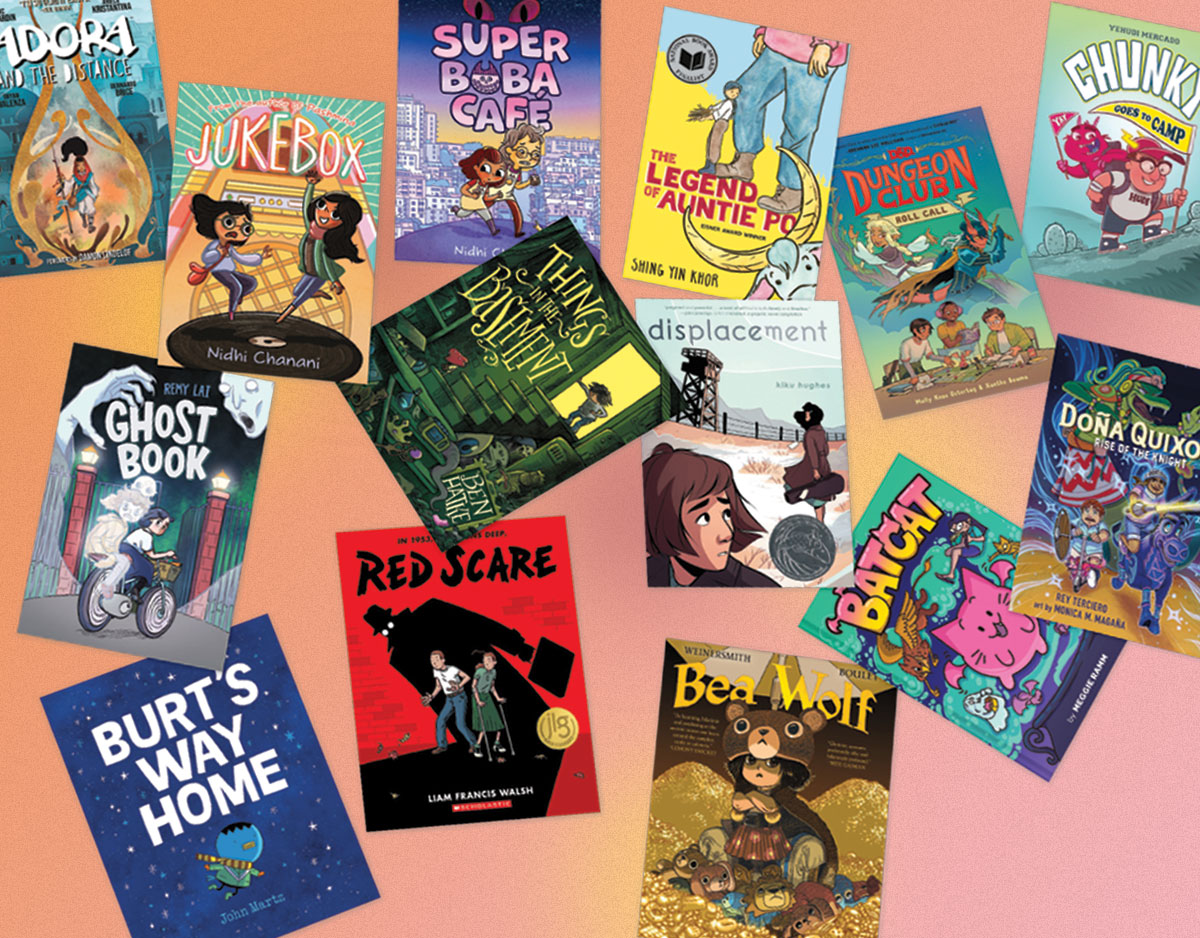#SVYALit: The Importance of Language in Building a Culture of Consent, or no actually, don’t suggest getting people black out drunk
It is a warm, bright, sunny day just before The Teen is about to start her journey as a high school student. We are taking our dog, Charm, for a walk around the block. It is in this moment that a door of opportunity opens and I begin to talk with her about the rules for being female: Don’t leave your drink unattended if you go out in public, don’t drink too much (well, because you’re a teenager, don’t drink at all), always make sure people know where you are, if you leave a party and go somewhere else make sure people know where you will be and who you will be with. For many women, a great deal of emotional energy is spent learning how to keep ourselves safe in public spaces from the men who would wish to violate us.
As a survivor of sexual abuse, I have always been very frank in my discussions with my daughters about sex, sexual violence, consent and more. When I first learned that I would be the mother of daughters, I was anxious and scared. I knew that the obstacles set before them would be many. I was well aware and informed of the fact that there was a very high likelihood that before they ever became legal adults, someone would do great harm to them. 1 in 4 of our female children are sexually harmed or violated in some way before they turn 18. My goal in life was to try and keep them safe.
ADVERTISEMENT
ADVERTISEMENT
When The Teen past through her 8th grade year unharmed, the year of my most intense abuse, I thought perhaps that I would feel safe and a sense of accomplishment. That turned out to be false because although she may have gotten through the 8th grade untouched, several of her friends did not and I realized that in many ways, she would never really be totally safe. And as she entered into high school and the idea of increased freedom and social events loomed, I realized that I would have to talk with her about the various things she could do to help try and keep herself safe, with the stark truth that in the end, if someone wants to harm her, they will find a way to do so and it is never the victims fault.
Consent means that you must get a person’s permission to do something to them, to their person, to their bodies. What advocates who speak out against sexual violence hope to do is to build a culture of consent. This means we want to build a culture in which it is clearly understood that a person has complete bodily autonomy at all times beginning at birth. This means that a person has a right to decide if, what and when something happens involving their body. It means that we teach each other to respect people’s rights, their boundaries, and their no.
I have not forced my children to hug or kiss another person, not even me. I wish I could say that I have never pouted when refused, but the truth is that I have. Common courtesy does not have to involve a person’s body being violated. A kid is not obligated to hug or kiss grandma on the cheek. A woman does not have to thank a man after a date with a hug, a kiss, or sex. We don’t owe our bodies, our affection, to others. A person doesn’t have to get a tattoo because the rest of the group decided they wanted to get one.
****
When The Mr and I had been married for about 4 years, we were getting a divorce. One day in a moment of despair, I went and got a tattoo. I willingly offered my body up as a canvas and asked a man with a tattoo needle to permanently ink me. I got a very small (and very painful) heart tattooed onto my back to remind me in a time of great sorrow that my God loved me and that I was a person who deserved to be loved.
There have been many times since this happened that I have regretted getting that tattoo, the permanence of it. But I have never forgotten what it meant to me at the time, why it happened, or how it carried me through one of the many very dark moments of my life.
The Mr and I did not end up getting that divorce, for which I am very grateful. And we went on to have two lovely girls, whom we both adore. Our little family is happy, though we are haunted by the undercurrents of sexual violence because I am first a victim and then later a survivor and sexual violence changes you, changes your outlook. My girls have spent the night at very few people’s homes. The Teen is about to get her second degree black belt. They have never not known what consent and sexual violence are. Being a sexual violence survivor has impacted the ways in which I view the world and parent my children.
****
Creating a culture of consent means that we begin from birth teaching our children that they have full bodily autonomy and that they should respect others right to the same. We teach our children to respect other people, to respect their property, to respect their boundaries, and to respect their right to say no.
Thing 2 is a very affectionate child. She will often approach her sister, The Teen, and ask for a hug. The Teen is just as likely to say no as she is to say yes. Thing 2 will pout. “She has a right to say no,” we tell her, “it’s her body, if she doesn’t want you to touch her right now, you have to respect that.”
Consent culture means teaching each other that you have to ask for permission, that you have to pay attention to others – who they are, what they’re saying both verbally and non verbally – and that you have to stop doing something when someone says no. If someone says stop tickling me, you stop tickling them. If someone says I don’t want to get wet right now, you don’t squirt them with the hose or push them in the pool.
Consent means you don’t get to force what you want onto someone else.
****
When we talk about consent in my home, we also talk about guilt, manipulation, and coercion. An adult once told my daughter that if she gave her a hug then she would get x. I don’t remember what x was, but let’s say it was a piece of candy. I stopped that adult right then and said you can give her the candy if you want or don’t if you don’t want, but don’t try to bribe or manipulate her. Her body and her affection are not your bargaining chip. Later that night I talked with my daughter about why this was not okay from both points of view, explaining that she should never do this to another person and that she didn’t need to respond when someone did it to her.
Bribery is not consent.
Bullying is not consent.
Coercion is not consent.
Emotional manipulation is not consent.
Getting someone drunk or stoned so you can try and sway them or just work an end around to their no is not consent.
True consent means that you respect the other person’s right to say no and honor that no.
Yes means yes and no means not.
I get it, hearing no can be disappointing. I have tucked my kids at night without a good night kiss because they didn’t want to be affectionate in that moment and it was disappointing. I wanted that good night kiss from my baby. But that is my problem, not theirs. The emotions of that disappointment are mine to deal with; my emotions are not their responsibility, they are mine.
****
Yesterday I stumbled across a news story about the original Avengers that made my heart sink.
We are a Marvel family here. We’ve seen every movie opening weekend. We have the DVDs and watch them often. We’ve dressed up as superheroes for Halloween, bought capes at Six Flags, and talked at length about what it means to be heroic, what it means to do the right thing because it’s the right thing to do.
The news reported that several of the original Avengers – Chris Evans, Chris Hemsworth, Scarlet Johansson, Robert Downey Jr and Jeremy Renner- got matching tattoos to celebrate. That sounds cool. I loved the idea of this group of people going through this 10 year journey and celebrating this bond.
But as I read the reports, it got less cool. The language was concerning.
Chris Hemsworth, the article said, had to be bullied into getting his.
Downey said Johansson came up with the idea for the tattoo and got one in New York with Evans. He also said he had to bully Chris Hemsworth into getting his. Apparently Hemsworth, unlike Ruffalo, could be swayed. Source: https://www.huffingtonpost.com/entry/avengers-matching-tattoos_us_5af1d6bbe4b0ab5c3d6a949e
Mark Ruffalo was the last hold out. On Twitter, Chris Evans suggested to Scarlett Johansson that they should just “get him black out drunk”. To what? Get him tattooed against his will? To lower his inhibitions to getting tattooed?
“We just need to get Ruffalo blackout drunk,” Evans tweeted. Source: https://www.huffingtonpost.com/entry/avengers-matching-tattoos_us_5af1d6bbe4b0ab5c3d6a949e
For the record, we have no context for what happened leading up to and surrounding that tattoo. We don’t know if Ruffalo wanted to get the tattoo but was worried about the pain. Or perhaps he just really didn’t want to do this thing. I can’t talk about the context, because it is unknown to me. Yet, Chris Evans is a very popular cultural figure with a large public platform and he said a thing that dripped with non-consent language. He talked publicly and openly suggesting that they get another person “black out drunk” in order to do to their body something that they have so far chosen not to do. He talked openly about taking away Mark Ruffalo’s consent about what happens to his body.
Was it a joke? It could have been. Was it harmful? I would argue that yes, it was harmful.
1 in 4 women are sexually assaulted in their lifetime, most of the time by someone they know and trust. 1 in 5 men are sexually assaulted in their lifetime, most of the time by someone they know and trust. Their bodies are violated by people who refused to accept their no and took away their right to bodily autonomy.
Suggesting that it is okay to get someone black out drunk to do something that they did not choose to do is refusing to accept their no and taking away their right to bodily autonomy. This statement and statements like this do not help us build a culture of consent.
The reality is, every night somewhere there are men who leave their homes with the sole purpose of getting someone black out drunk so they can rape them. Some of them purchase special drugs to help make sure that this happens. Others just rely on good old fashioned alcohol to do the job for them. Others don’t set out with that intention, but if they see a drunk woman in their targets, they won’t hesitate to act on it. There are a large number of men (and yes, women) for whom the idea that no means no doesn’t hold true.
Suggesting this on a social media platform where you have over 9 million followers if dangerous. These words do not help us build up a culture of consent, they do not help us address the realities of sexual violence, they do not help us tear down the very long standing culture that suggests all we need to do is be insistent, never give up, or get someone drunk to make them do the things that we want them to do that they have chosen not to.
Don’t get me wrong, I realize that Chris Evans is not in any way advocating for rape or sexual violence of any sort here. He was, in fact, talking about a tattoo. But he was also using language that directly speaks to our ideas about consent. In a time when we are having very needed and real conversations about #MeToo and #TimesUp, Evans chose to engage in language that reinforces dangerous norms and suggest that it would be both okay and funny to just get Mark Ruffalo black out drunk so that he would get the tattoo. He seems to be suggesting getting Mark Ruffalo black out drunk to violate his body in ways that Ruffalo has expressed that he does not want to engage in. This is not what consent looks like.
ADVERTISEMENT
ADVERTISEMENT
Somewhere, there are many men – incels, MRAs, misogynists, etc. – who believe that they are entitled to other people’s bodies and here is a subtle reinforcer for them that it would be okay, perhaps even funny, to get someone black out drunk and do with them what they wish.
****
We all say and do problematic things. We’ve all grown up in a patriarchal culture that undermines and objectifies women. We have all grown up in a white centered, ableist centered, hetero normative culture and we say and do problematic things that reinforce that. Coming to understand how problematic our culture is and the ways in which we contribute to it is long, hard and never ending. You don’t wake up one day and you are a perfect ally who always says and does the right things. Internalized misogyny, racism, ableism, etc. are very real things. Challenging, learning and growing is hard. We make missteps. We eat our feet, eat crow, and hurt and alienate people along the way.
I do not think that Chris Evans was intentionally harmful. I know that a lot of people reading this will think I’m being overly dramatic and difficult. I’m not throwing away all my Marvel movies and putting Chris Evans on my cancelled list. I do recognize that as a sexual assault survivor and advocate, what he said was personally hurtful and culturally problematic. I wish that he had not said it. I fear that in a fight for progress against sexual violence, it’s an unnecessary bump in the road. It personally rankled me. The Teen and I talked about it. And I just feel the need to publicly say, please don’t joke like this or talk like this or make suggestions like this.
Please respect another person’s right to say no when it comes to what happens to their bodies.
Yes, even when we talk about tattoos.
As a librarian, as someone who believes in the power of words and actively works to put words and stories into the hands of others on a daily basis, I believe that Evans spoke in a way that is harmful to the fight against sexual violence and building a culture of consent.
Because building a culture of consent is long term, ongoing work and every little bit helps.
For more about sexual violence, young adult literature and the life of teens, please check out the #SVYALit Project at https://www.teenlibrariantoolbox.com/2014/02/svyalit-project-index/
Filed under: Uncategorized
About Karen Jensen, MLS
Karen Jensen has been a Teen Services Librarian for almost 30 years. She created TLT in 2011 and is the co-editor of The Whole Library Handbook: Teen Services with Heather Booth (ALA Editions, 2014).
ADVERTISEMENT
ADVERTISEMENT
SLJ Blog Network
Name That LEGO Book Cover! (#53)
Cover Reveal and Q&A: The One and Only Googoosh with Azadeh Westergaard
Exclusive: Vol. 2 of The Weirn Books Is Coming in October | News
Fighting Public School Book Bans with the Civil Rights Act
ADVERTISEMENT



